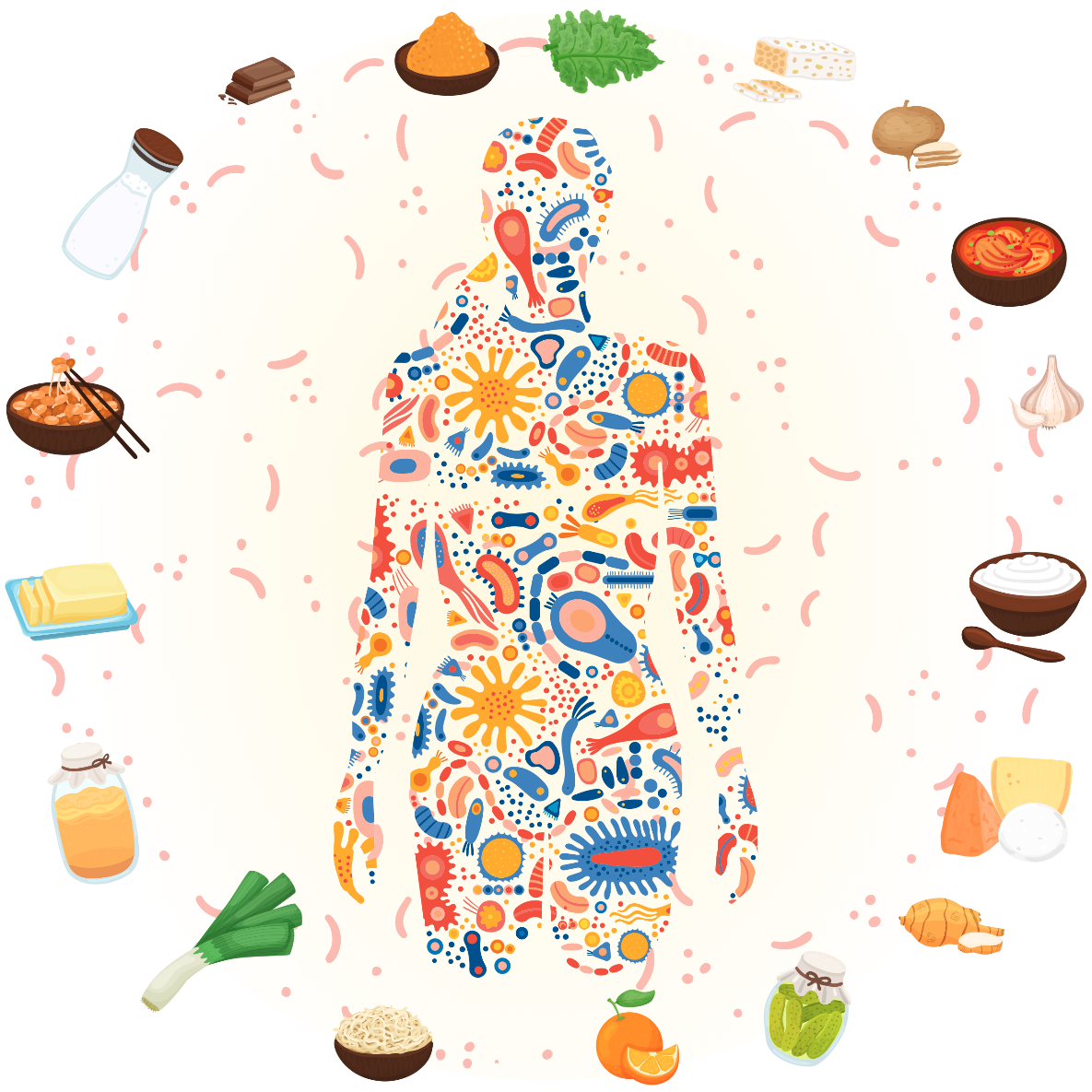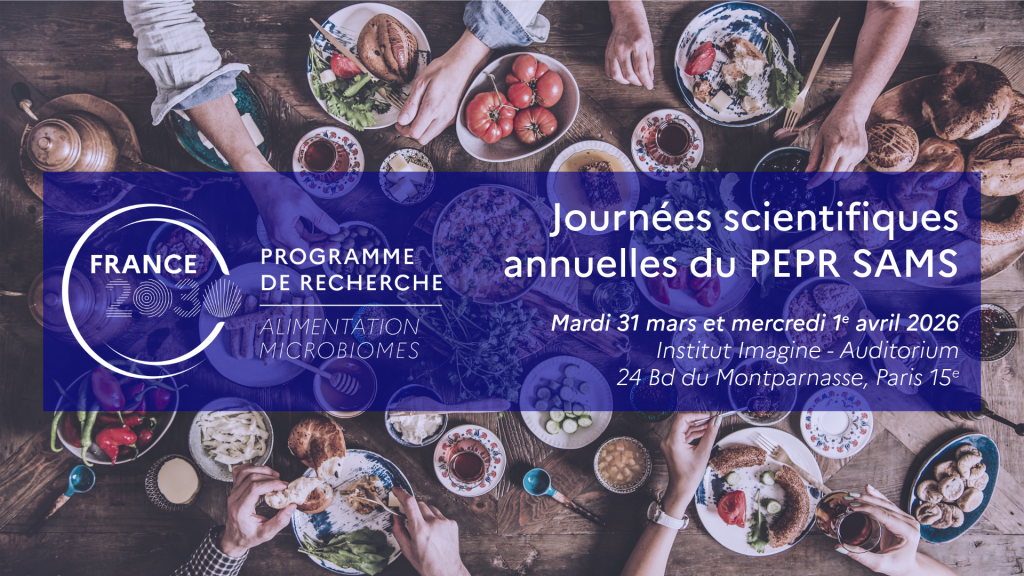
Lastest news

Announced for 2023, the “Food Systems, Microbiomes and Health (SAMS)” research program is funded as part of the French government’s “France 2030” investment plan, with €58 million in France 2030 aid deployed over 7 years.
This Program aims to meet the 6th objective of France 2030 “Investing in healthy, sustainable and traceable food to accelerate the agricultural and food revolution” and is part of the “Sustainable and healthy food” acceleration strategy.
Its ambition is to provide a better understanding of the microbiome [1] and its role in health, of microbiome-health-food interactions, and of the levers likely to influence food consumption choices and facilitate the implementation of sustainable food systems. Ultimately, this program aims to help design and evaluate public policies, prevent and treat chronic inflammatory diseases and move towards personalised medicine.
Inserm and INRAE with steering the program have been chosen as coordinating institutions by the French Government to lead the program and manage the scientific aspects. The ANR operates the program on behalf of the French government.
The program is a diversified network of players and resources. It brings together the key players in French research, including the CNRS, Institut Pasteur, INRIA, CEA, major universities, public assistance hospitals, university hospitals and human nutrition research centres and engineering schools.
[1] The microbiome includes all the micro-organisms (microbiota) in a given environment (intestinal, vaginal, oral, etc.) as well as their entire genome, their interactions, the products of their activity (metabolites) and the biological, physical and chemical parameters in which they evolve.


